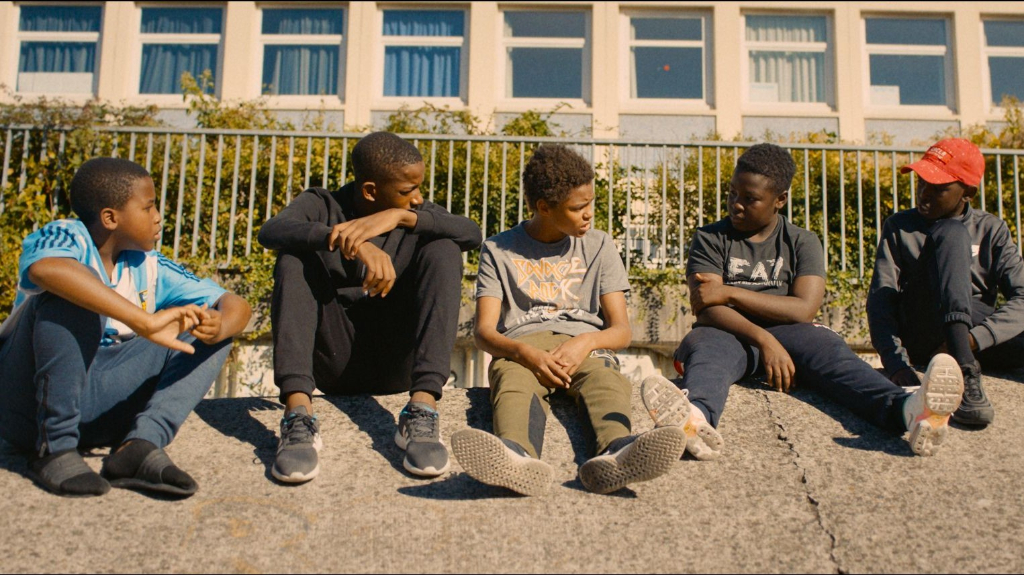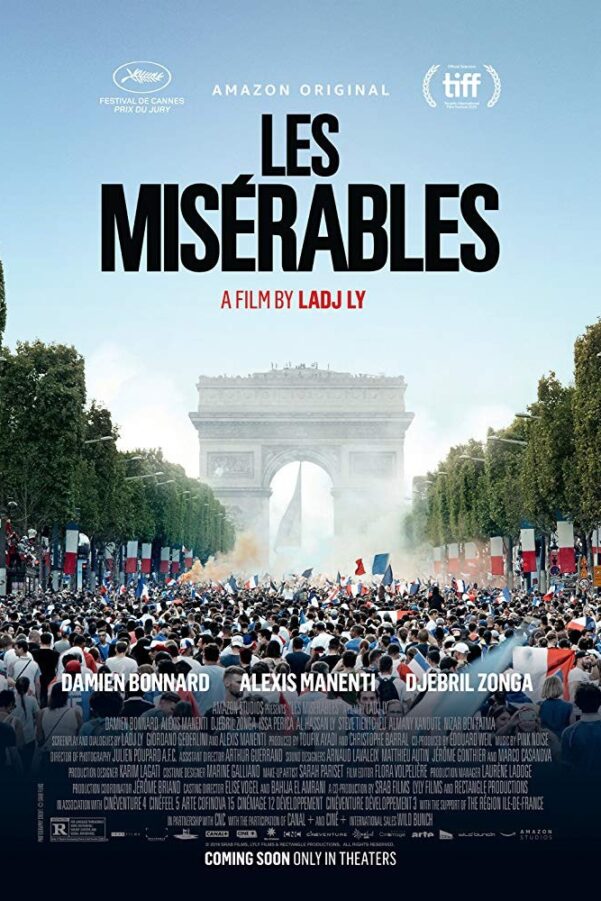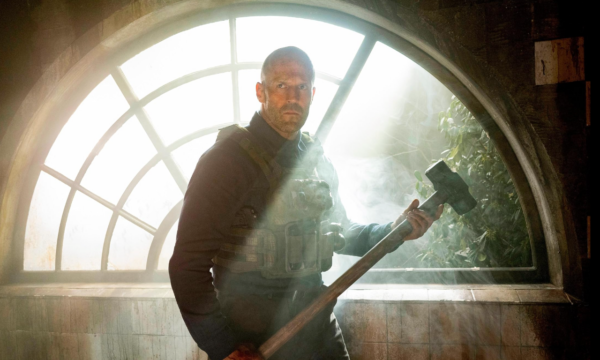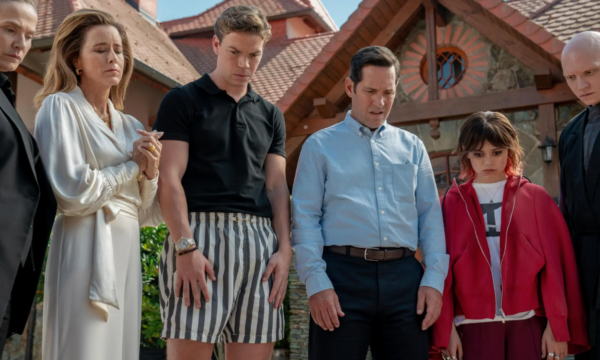Les Misérables

Ladj Ly’s Les Misérables is an explosive, engrossing debut. The film was actually released across the channel in 2019, with a UK release finally arriving off the back of an Oscar nomination and a Prix du Jury win at Cannes. The hype is considerable and the plaudits richly deserved.
It’s very tempting to write that this feature takes its viewer on a rollercoaster, but there are very few soaring highs enjoyed by our protagonists. Instead, a more apt analogy would be a terrible spiral of despair: enthralling, often traumatic and always tormenting.
Football-mad kids have travelled into central Paris from the poorer outskirts of the capital to watch France win the FIFA World Cup. Sun-kissed, flag-draped happiness bathes the streets in a gilded, booze-soaked glow. It doesn’t last.
The children soon return to the rough, poverty-stricken streets of Montfermeil to live out their day-to-day existence against a backdrop of police tension with innocent locals and nervous gangs.
Stephane Ruiz (Damien Bonnard) has moved to the city from the country and is thrown into a Training Day-esque first shift with the anti-crime unit, aka the “smack unit”. Partnered with the irascible Chris (Alexis Manenti) and the seemingly more cool-headed Gwada (Djebril Zonga), Stephane and the audience are taken for a tour of the winding streets and looming, decrepit tower blocks making up Montfermeil.
Chris taxies us around, introducing us to numerous faces and allowing us to observe multiple stories as they play out whilst studying the intricate politics which underpin this unlit tinderbox of a neighbourhood. Ly masterfully ties together the various narrative threads, delicately interweaving their denouements.
The key storylines which overlap are those of Stephane and Issa. Issa is one of the kids we meet celebrating France’s footballing victory in central Paris. Upon his return to Montfermeil, we learn that he is struggling with poverty and often in trouble with the law. Their tales become inextricably entwined in a scene of police brutality which threatens to rip the already tearing fabric barely holding the place together.
The film’s name is a reference to the neighbourhood in which it is set, where Victor Hugo wrote his 19th-century opus, but in a blunter way, there’s scarcely a better word to describe many of the central characters of this feature. They are caught up in a system that seems to be of no benefit to anybody, one that makes everyone suffer – especially the youth.
A scene that particularly sticks out is Chris repeatedly telling Issa “you did this to yourself”, which feels like a wider comment on the conditions and treatment suffered by the locals. Chris is spoon-feeding the boy a toxic cocktail of gaslighting, manipulation and fear-mongering. It doesn’t sit well, obviously.
Whether you imbibe this film as social commentary, political piece or a simpler drama-tragedy-action hybrid, it is an incendiary, intoxicating, incredible achievement.
Jake Cudsi
Les Misérables is released in UK & Irish cinemas on 4th September 2020.
Watch the trailer for Les Misérables here:





















Facebook
Twitter
Instagram
YouTube
RSS